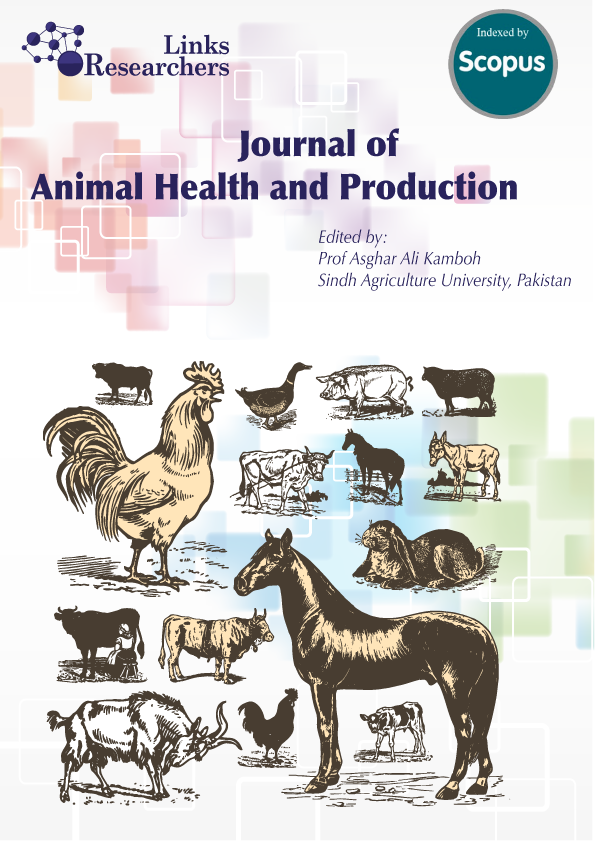The Antibacterial Effect of Chitosan against Methicillin-Resistant Staphylococcus aureus (MRSA) Isolated from Beef Meat
The Antibacterial Effect of Chitosan against Methicillin-Resistant Staphylococcus aureus (MRSA) Isolated from Beef Meat
Qais Abdulrahman M. Al-Jaghifi, Zina Saab Khudhir*
ABSTRACT
The effectiveness of chitosan as an antibacterial agent against methicillin-resistant Staphylococcus aureus (MRSA) isolated from frozen and fresh beef was evaluated. Bacterial isolates were confirmed using cultural, biochemical, and the VITEK 2 system. All suspected MRSA isolates tested positive for MRSA. In frozen meat samples (n=50) collected from different markets in Baghdad city, the number and isolation percentage (%) of S. aureus and MRSA were 11/50 (22%) and 4/50 (8%), respectively. In fresh meat samples (n=50), these figures were 16/50 (32%) and 3/50 (6%), respectively. Chitosan solutions at different concentrations (0.5%, 1%, 1.5%, and 2%) were prepared by dissolving food-grade chitosan in 1% acetic acid. Evaluation of bacterial reduction in log units was recorded. The bacterial counts before dipping meat samples in 2% chitosan solution showed initial counts of 5-6 log10 CFU/g. After treatment at both ambient and refrigeration (4ºC) temperatures for 4 hours, counts were reduced to 2-3 log10 CFU/g. The number of MRSA isolated from frozen meat decreased significantly more when treated with 2% chitosan at refrigeration temperature compared to ambient temperature. The antibacterial activity was also evaluated by measuring the zone of inhibition (mm). Results indicated that 2% chitosan was significantly effective (P≤0.05), showing the highest zone of inhibition (38 mm) against MRSA. In conclusion, the application of chitosan as a natural food-grade antibacterial agent against MRSA effectively reduced bacterial counts and maintained the bacteriological quality of beef sold in local markets.
To share on other social networks, click on any share button. What are these?






